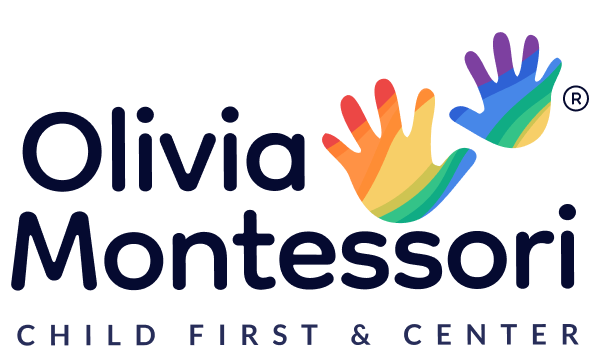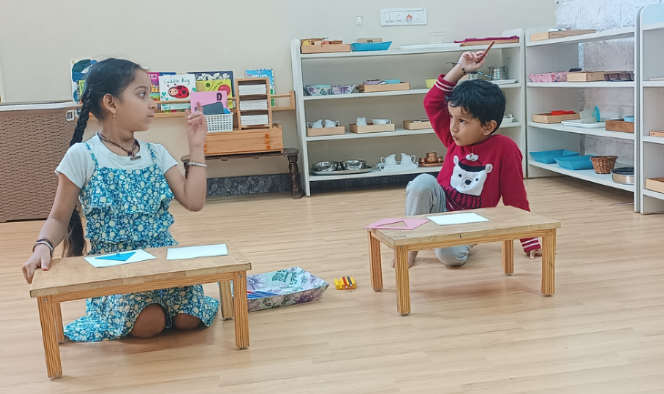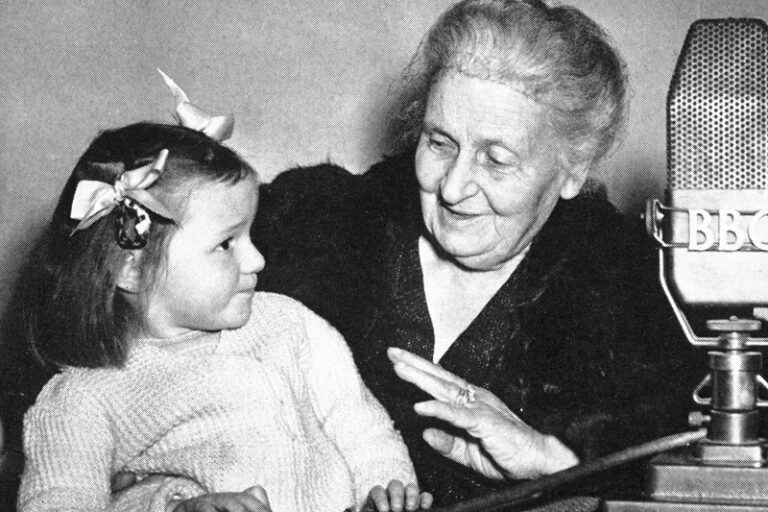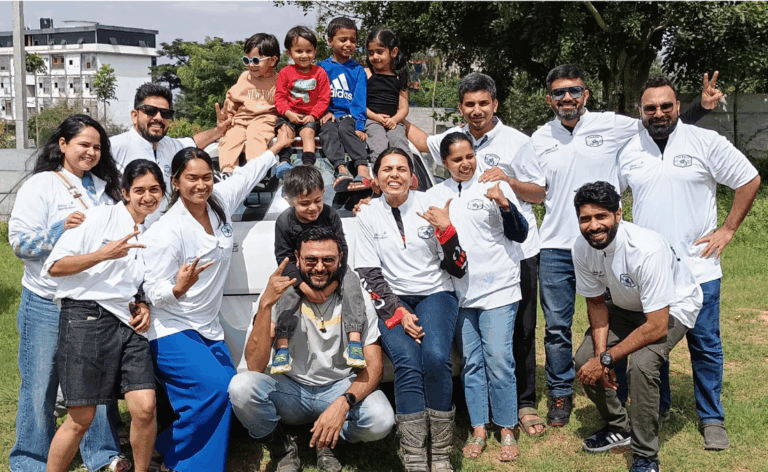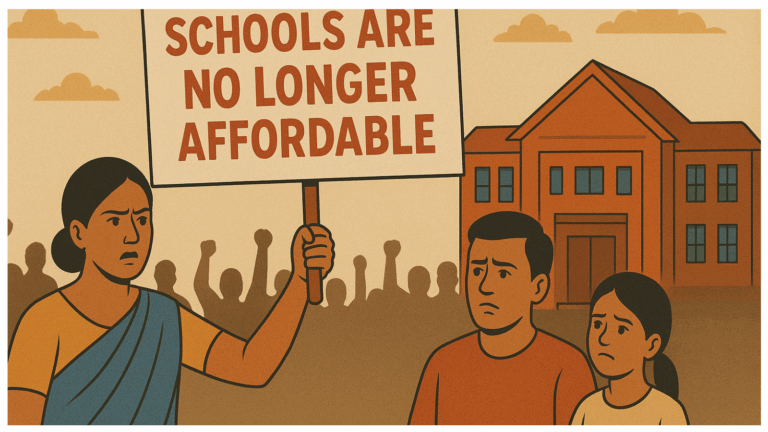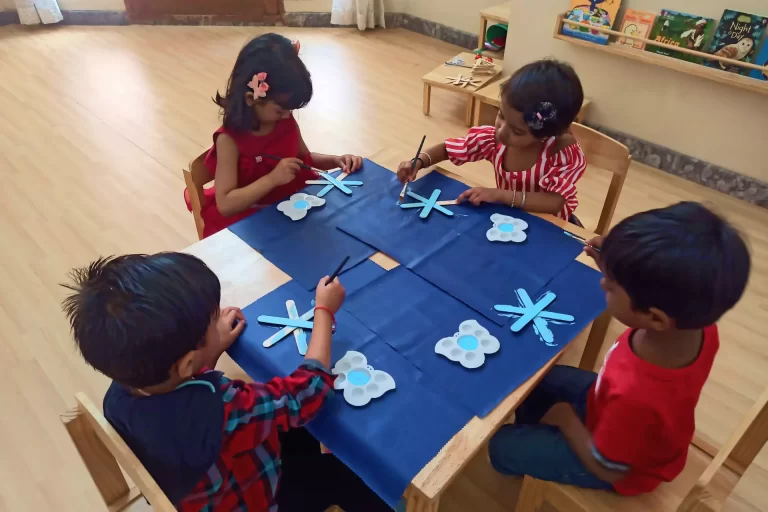Did we have powers during childhood?
The answer is yes. In a way we all were superheroes with some incredible super powers. The abilities or powers that laid the foundation to our entire lives. Powers that helped us in becoming who we are. These powers although may seem simple but were the key that unlocked our development and growth.
If these powers were so crucial, when did we have them? How long did we have them for? And most importantly why don’t we remember having them? We will answer all these questions.
The when!
Our superhero journey started the day we were born. The day our parents first held us and cried with joy. We were born with these abilities.
How long did we have these powers?
You will be surprised that we had these abilities for nearly 6 years. Almost because for some these powers wear off before turning 6 years and a few may have them for a couple of months more. What’s more surprising is the fact that these abilities disappear after 6 years. Forever. No one can retrieve these abilities. Once they are gone, they are gone forever.
Hence, understanding these powers and the role they played in shaping us or the role they are playing in shaping your children is more important than ever.
Let’s get to the amazing part. What are these powers that our children own?
The mind that can absorb everything, effortlessly.
Up until we were 6 years of age, we had this incredible ability to absorb knowledge quickly and effortlessly. This ability of our mind to absorb knowledge quickly and effortlessly is called “Absorbent Mind”.
Let’s break this down so you can absorb this better:
- What kind of knowledge were we absorbing?
Essentially, we are absorbing all kinds of knowledge around us. Most importantly being, language, behavior of people around us, the actions of people, the cultural aspects, and aspects of the environment. Everything that we humans do is absorbed by the child in its entirety. What does in its entirety mean you ask? It means that there are no filters for what we absorb. All this absorption of knowledge happens unconsciously. Unconsciously here means without our control.
We gain control on which information to take in as we grow. But during the first 3 years, this control is absent. After the age of 3, we start developing control slowly and steadily.
- This absorption of knowledge happens quickly. Like a camera’s shutter going off. Taking in everything instantly. Not leaving any detail behind.
- We adults have to put in a lot of effort to soak in knowledge (like during examinations), but as toddlers we didn’t have to put in any effort. Taking in knowledge happened automatically without having to do anything. All it took was to experience it through our senses. You can see this happening the next time you are with a toddler. Show him how to give a hi-fi and within seconds the child will try to imitate what you did. Although, since children’s movements aren’t yet completely refined, the hi fi would be a bit wobbly.
Now with great power comes great responsibility, said his uncle to spider man. While this extraordinary power to absorb information is a huge opportunity for parents it also comes with some serious responsibilities and drawbacks. If you want to know how to create opportunities that can help your child develop better language, personality and knowledge and what are the responsibilities that come with it head over here.
Let’s head onto the next power.
The power of extraordinary intention: The sensitive Periods.
Have you ever had moments when you were so drawn to learn something new or read something that you couldn’t let it go unless you did it? A natural inclination accompanied with lots of energy and will to accomplish it. Like the day you had this idea to learn how to skate or learn how to ride a bike and you became so interested in learning it that nothing could stop you. This natural interest or intention to do something or learn something is what experts call Sensitive Periods or Critical Periods.
Children experience these critical periods from the day they are born until they are almost 6 years of age. These critical periods can be for learning language, movement, order, senses or even attraction towards tiny objects.
During these critical periods, children are highly attuned to learn. As if their mind draws them towards learning a new skill or a concept.
This natural phenomenon can be observed in many different forms. Like when a toddler finds a slope and keeps going up and down it again and again. What may seem boring to us is actually a sensitive period for movement the child is experiencing. The child’s mind is drawing all the attention and energy to learn how to walk up and down slopes.
Another great example is when children try to mimic our actions and words. Behind the unforgettable cuteness of these moments children are experiencing sensitive periods for language and courtesy.
In general, there are 7 sensitive periods children experience during this crucial period of 6 years. What’s fascinating is that these happen at different intervals. Not all children experience the same sensitive period at the same time. But we can use the following timeline to determine when to expect a particular period.
These periods are no less than powers because during these periods learning happens easily and effortlessly. Experts believe that children who don’t get the right encouragement and activities during a sensitive period experience delay in learning. This can be seen in children who learn to read or write much later. This common delay in reading and writing happens because of two reasons:
- The child was exposed to reading and writing when he was not experiencing the sensitive periods for reading and writing. or
- Encouragement and right activities were not presented when the child was experiencing the sensitive periods for reading and writing.
In such cases, children learn to read and write but it requires more effort and time.
These powers of heightened intention and unconscious absorption go hand in hand. When a child is experiencing a sensitive period for language, the mind absorbs all aspects of language effortlessly because of the power of the absorbent mind.
If we can observe and provide relevant exposure pertaining to the sensitive period a child is experiencing, we not only encourage the developmental process that nature has intended upon the child but also cut the time and efforts the child may have to go through at a later stage.
As for the question of why we don’t remember having these powers, watch this space for a blog on why we don’t remember our childhood.
